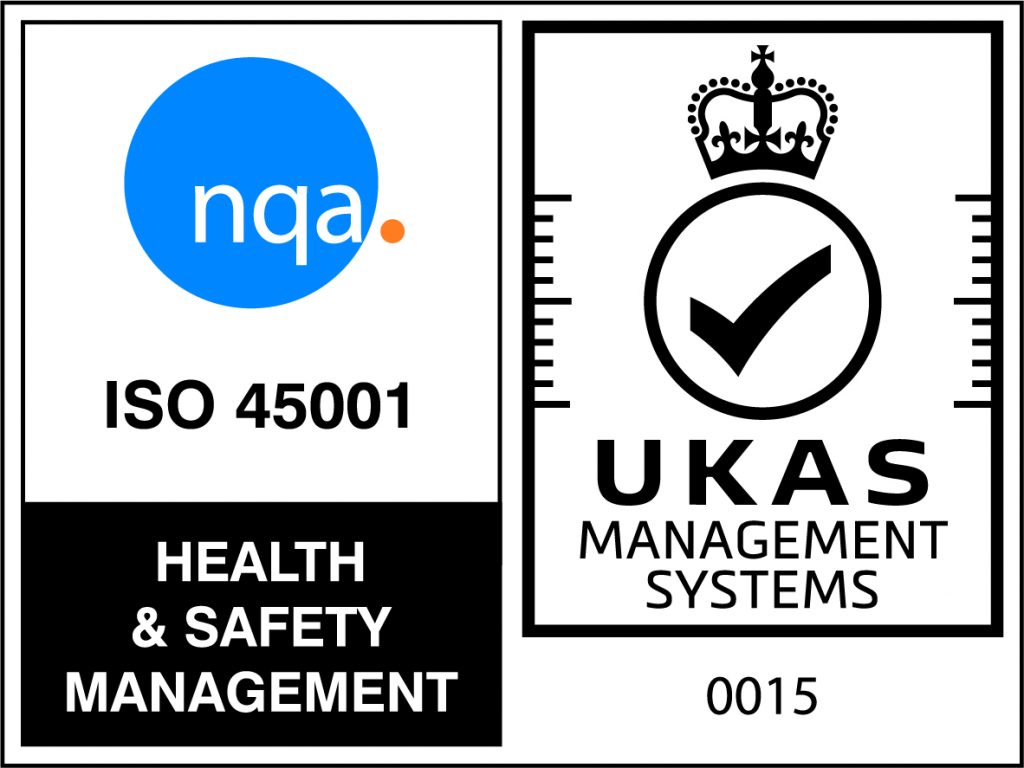 Living independently as a person with disabilities isn’t just about the products you use, but the attitude of those making them. After all, independence is a state of mind as much as it is the ability to go about your daily life relatively unassisted.
Living independently as a person with disabilities isn’t just about the products you use, but the attitude of those making them. After all, independence is a state of mind as much as it is the ability to go about your daily life relatively unassisted.
As well as improving the technology and enabling those with additional needs to be as active as possible, it’s important to offer solutions and aids that take into account the person’s lifestyle, hobbies and preferences and allow for a bit of self-expression.
Why does this matter? Because those with disabilities should be able to make as many of the same choices as their able-bodied friends and family.
Mobility scooters
Take the example of mobility aids. It’s hardly a stretch to say that they all look the same. The standard mobility scooter is fairly utilitarian, and looks as though it could just as easily be used by a pension-age individual with a fairly slow lifestyle as by a teenager with cerebral palsy who loves FIFA and going to the park with his friends.
Clearly, this is a choice by the manufacturer to make its products as widely marketable as possible. But while these two individuals may have needs comparable enough that they can operate the same vehicle, they otherwise have very little in common. People with disabilities lead a wide variety of lifestyles and have a range of interests. It’s time they were given disability aids that reflect this.
When an able-bodied person shops for a vehicle to get them from A to B, they have the freedom to choose the model that fits their tastes and lifestyle perfectly. It’s an exciting experience, and the car they end up with is often a source of pride.
Why should this be a different experience for someone shopping for a mobility scooter, or any other popular disability product?
Things are improving, with products like the Harley-Davidson-esque Black Viper and the ultra-luxurious Cabin Car becoming widely available for those with reduced mobility. There have also been a range of technological innovations that focus on enabling people to cycle and climb stairs with reduced mobility and even use a smartphone as blind person.
There is still, however, a lot more to be done. People should be able to enjoy a lifestyle that is as limitless as possible while taking pride in the products they use to and expressing their unique style.
Bio: Wild & Wacky Mobility supply and customise mobility scooters for unique individuals with a range of disabilities all over the UK. We believe that people with reduced mobility need products that don’t just respond to their needs, but cater for their distinctive style and taste too!

 Back to News
Back to News

















